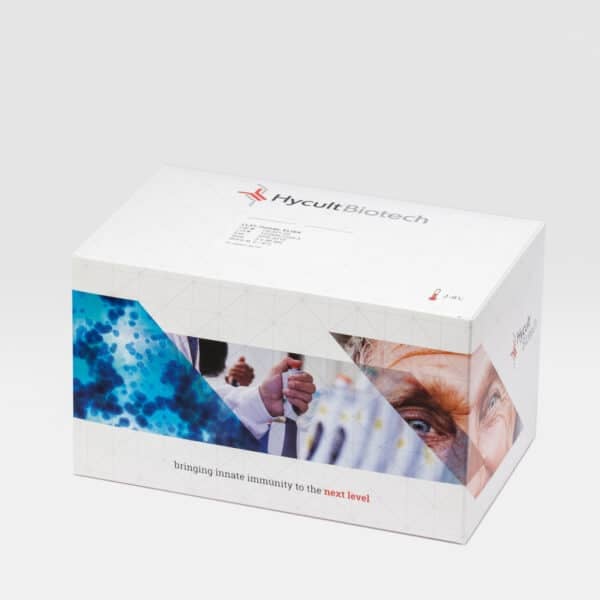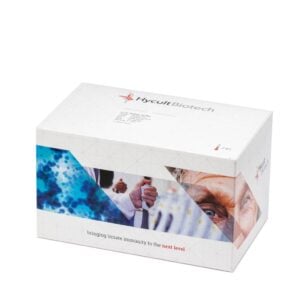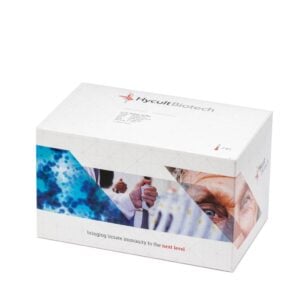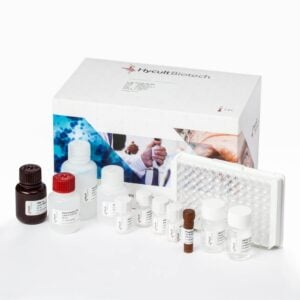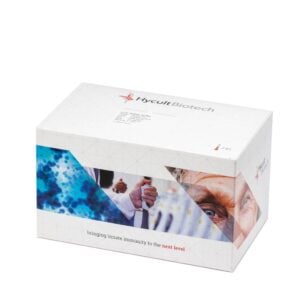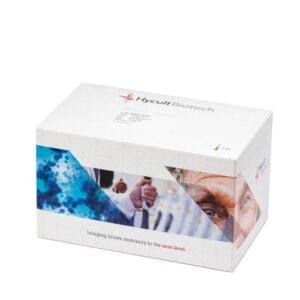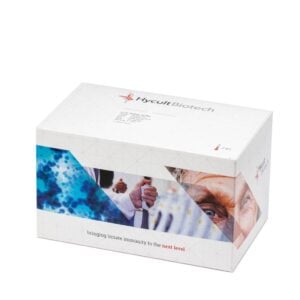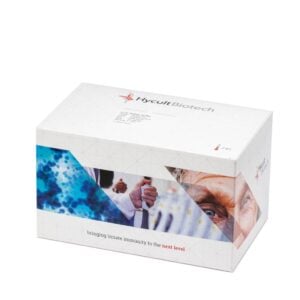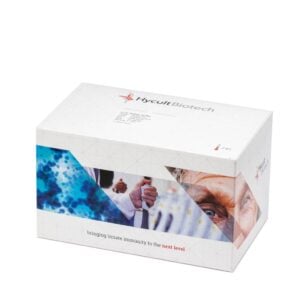EDN, Human, ELISA kit
Eosinophil-derived neurotoxin (EDN), also known as RNAse2, is a member of the ribonuclease A superfamily. Its name is derived from early findings that it plays a role in neuronal damage as a result of damaging myelinated neurons.
Read more€688.00 – €1,127.00
Eosinophil-derived neurotoxin (EDN), also known as RNAse2, is a member of the ribonuclease A superfamily. Its name is derived from early findings that it plays a role in neuronal damage as a result of damaging myelinated neurons. Eosinophils are innate immune cells and are important inflammatory effector cells in allergic diseases, parasitic & viral infections and airway inflammation. Eosinophils are considered granulocytes and upon activation they secrete several proteins like eosinophil cationic protein (ECP), eosinophil peroxidase (EPO), major basic protein (MBP) and EDN. In a few studies expression of EDN has also been demonstrated in other leukocytes like neutrophils and non-hematopoietic cells. EDN is a single chain protein of 18 KDa. One of the main mediators, at least in lung, of eosinophil activation is IL-5 which mediates differentiation and proliferation. EDN is also capable to affect DCs and enhance antigen presentation. Thereby it acts as a alarmin. Eosinophil markers in blood are not disease specific, but can be an indication of participation of eosinophils in (chronic) inflammation. For a more local representation, it is known that EDN can also be measured in broncho-alveolar lavage (BAL), nasal fluids, sputum, urine, feces and cerebrospinal fluid. Levels have been associated with disease severity.
Samples and standards are incubated in microtiter wells coated with antibodies recognizing Human EDN. Biotinylated tracer antibody will bind to the captured Human EDN. Streptavidin-peroxidase conjugate will bind to the biotinylated tracer antibody. Streptavidin-peroxidase conjugate will react with the substrate, tetramethylbenzidine (TMB). The enzyme reaction is stopped by the addition of oxalic acid.
The absorbance at 450 nm is measured with a spectrophotometer. A standard curve is obtained by plotting the absorbance (linear) versus the corresponding concentrations of the Human EDN standards (log). The Human EDN concentration of samples, which are run concurrently with the standards, can be determined from the standard curve.
You may also like…
-
View product €825.00 – €1,359.00
-
View product €825.00 – €1,359.00
-
View product €894.00 – €1,443.00
-
View product €756.00 – €1,223.00
You may be interested in…
-
MPO, Human, ELISA kit
Cross reactivityBaboon – No, Horse – No, Mouse – No, Pig – No, Rabbit – No, Rat – No, Sheep – NoView product €756.00 – €1,223.00 -
View product €825.00 – €1,359.00
-
View product €825.00 – €1,359.00
-
View product €825.00 – €1,359.00
